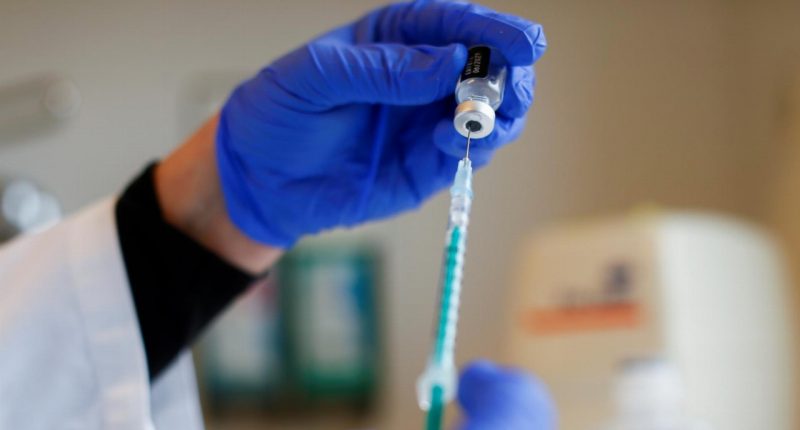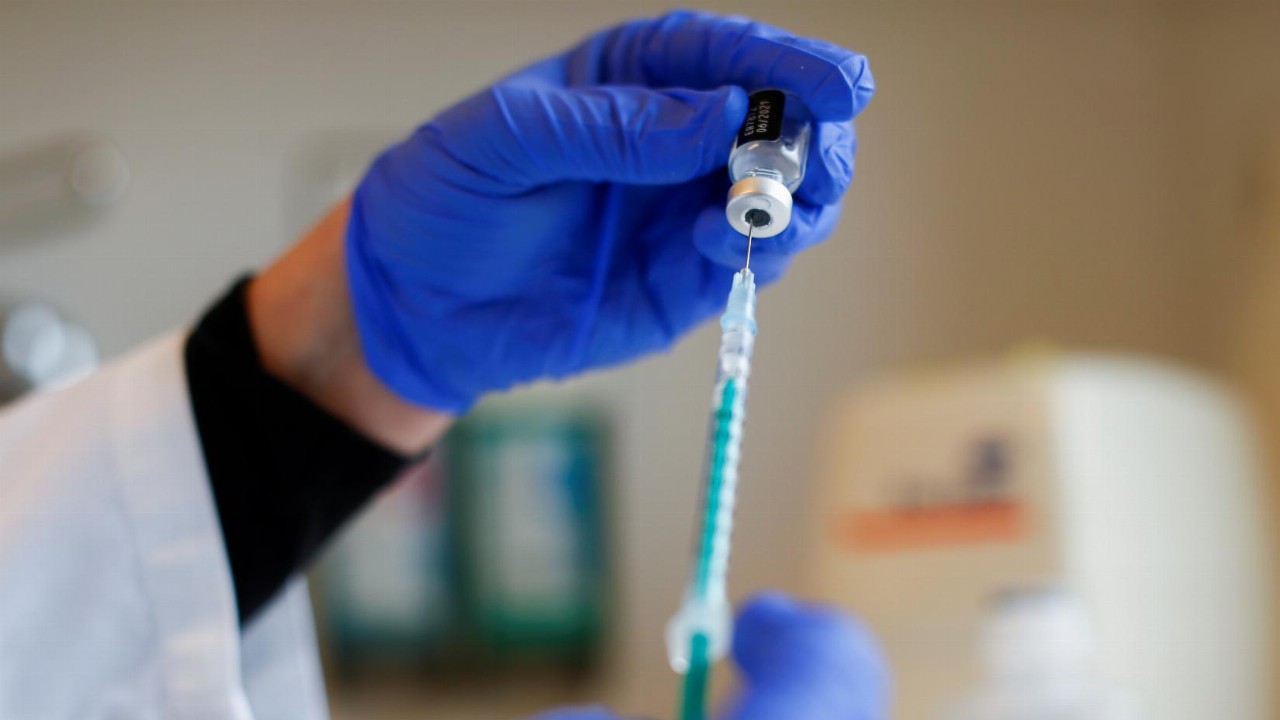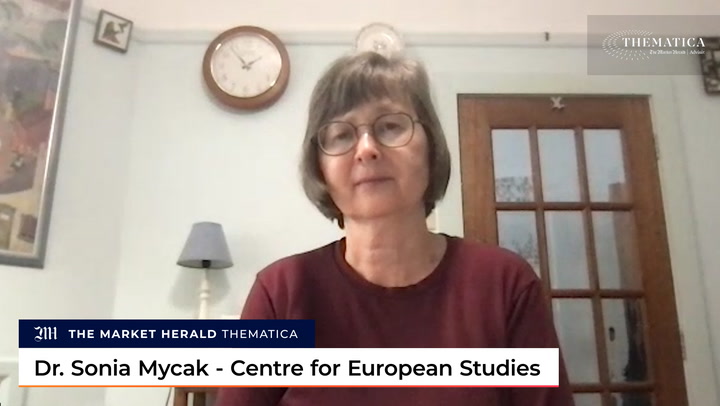- Data from a real-world U.S. study has found that the Pfizer-BioNTech and Moderna vaccines were able to reduce the risk of infection by up to 80 per cent after the first of the two-shot treatment
- The study also found that the risk of infection fell by 90 per cent in the two weeks after the second shot
- Over a 13-week period from December 14 last year to March 13 this year, 3950 participants in six U.S. states were evaluated
- Some countries dealing with limited vaccine supplies have pushed back schedules for second doses in the hope of delivering protection to more people
- Pfizer has said that its shots should be taken three weeks apart while Moderna’s shots should be taken four weeks apart
Data from a real-world U.S. study published on Monday has found that the Pfizer-BioNTech and Moderna COVID-19 vaccines were able to reduce the risk of infection by up to 80 per cent after the first of the two shots.
The study also found that the risk of infection fell by 90 per cent in the two weeks after the second shot, based on the observation of almost 4000 healthcare personnel and first responders.
These results lend weight to earlier studies that suggested the vaccines begin working soon after the initial dose, and confirm that they also prevent asymptomatic infections.
Over a 13-week period from December 14 last year to March 13 this year, 3950 participants in six U.S. states were evaluated to determine the effectiveness of the mRNA vaccines. Around 74 per cent had at least one shot, and tests were carried out weekly to catch any infections without symptoms.
“The authorised mRNA COVID-19 vaccines provided early, substantial real-world protection against infection for our nation’s healthcare personnel, first responders, and other frontline essential workers,” said Rochelle Walensky, Director of the Centres for Disease Control and Prevention.
The study comes just a few weeks after separate real-world data from Israel showed that the Pfizer-BioNTech vaccine was 94 per cent effective in preventing asymptomatic infections.
Some countries dealing with limited vaccine supplies have pushed back schedules for second doses in the hope of delivering protection to more people. This includes Britain and Canada, which have allowed extended gaps between doses of up to three or four months.
Pfizer has said that its shots should be taken three weeks apart while Moderna’s shots should be taken four weeks apart.








